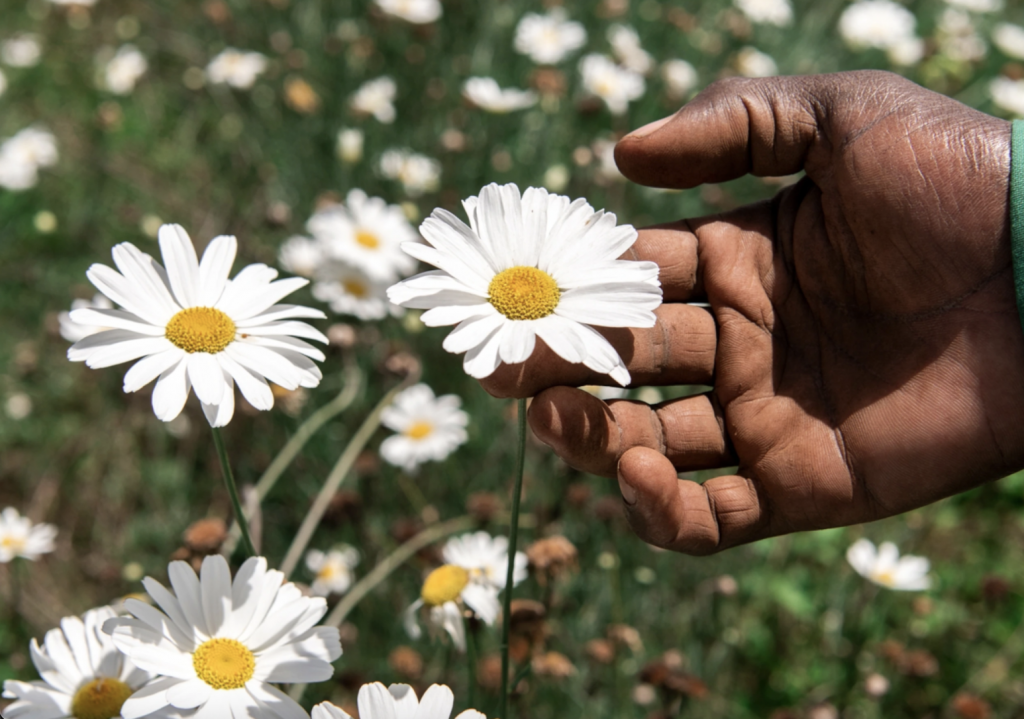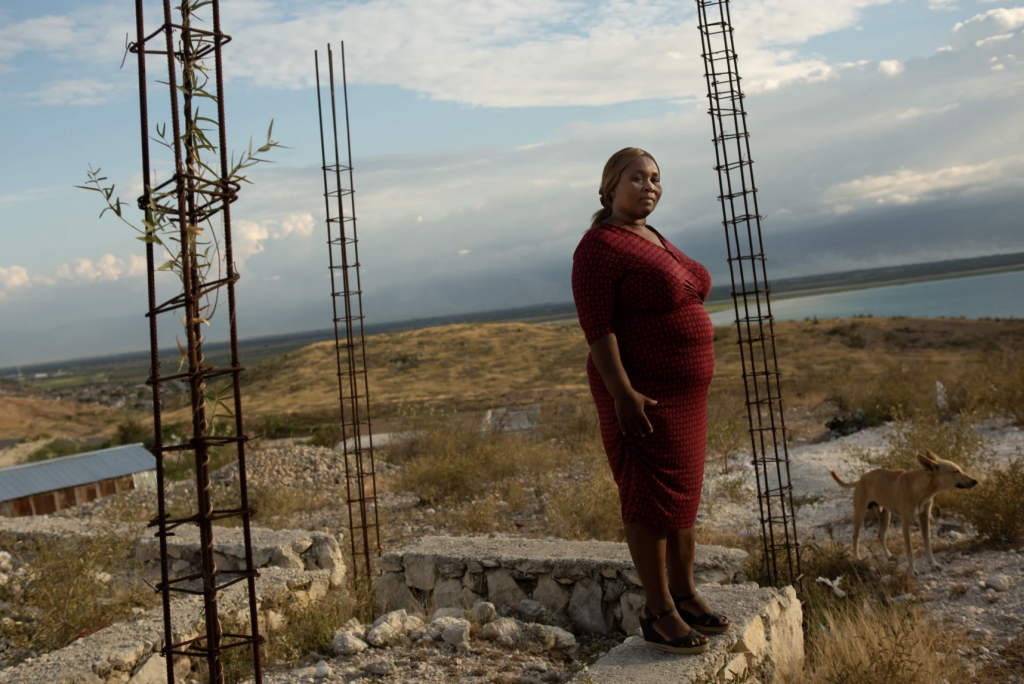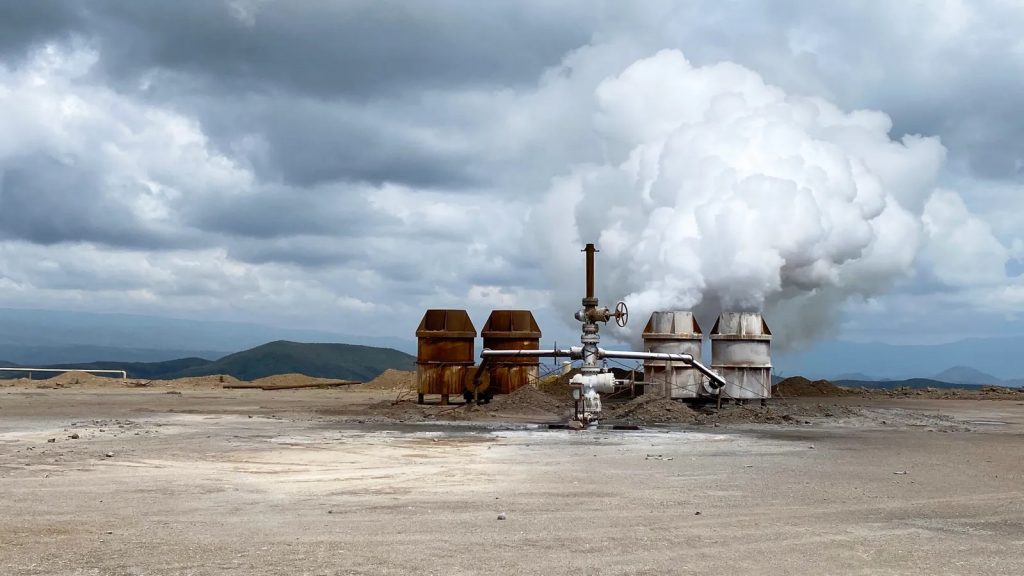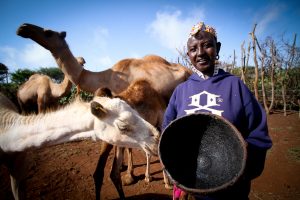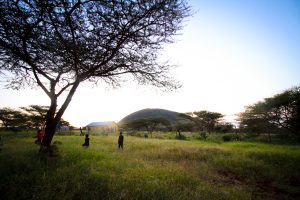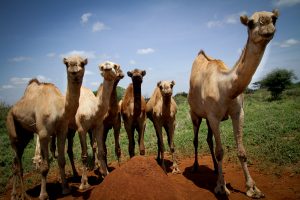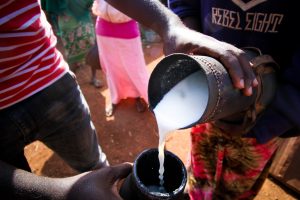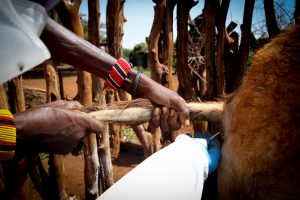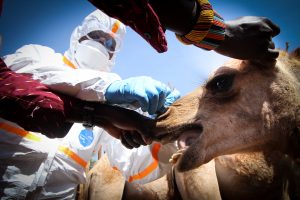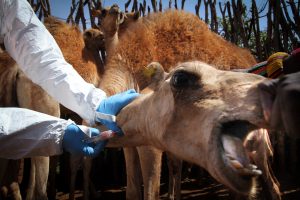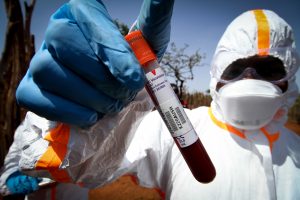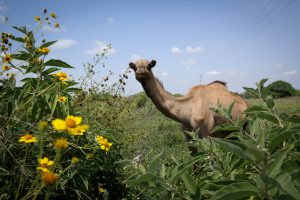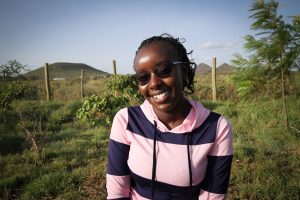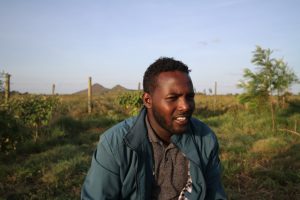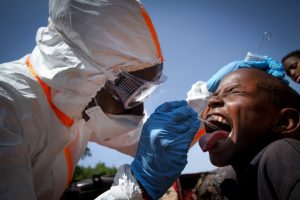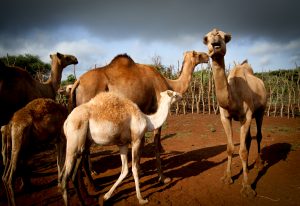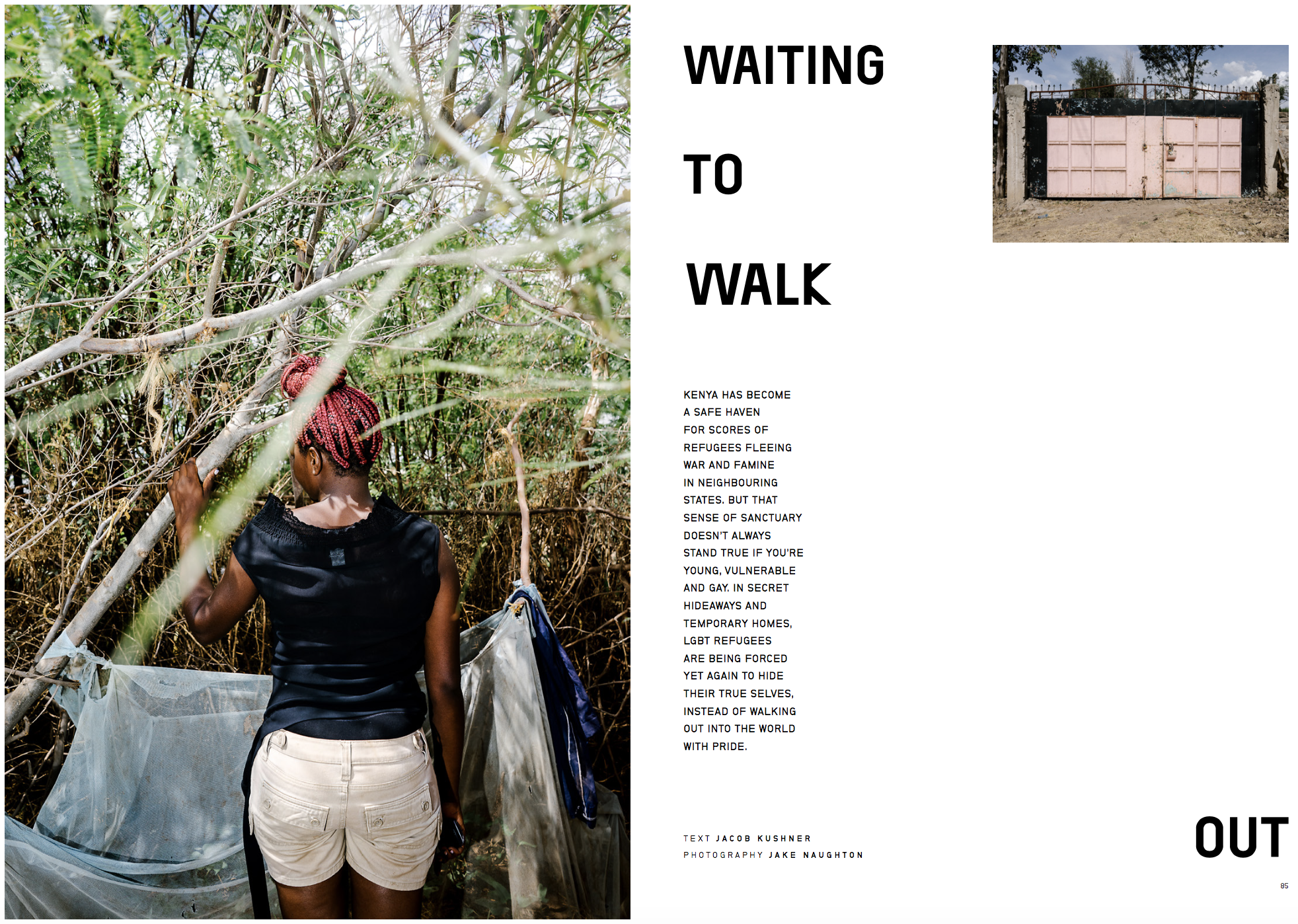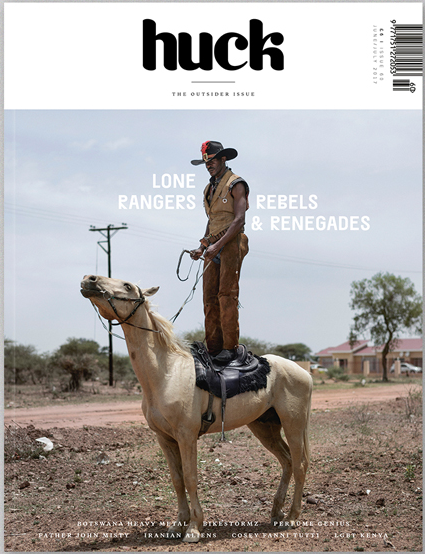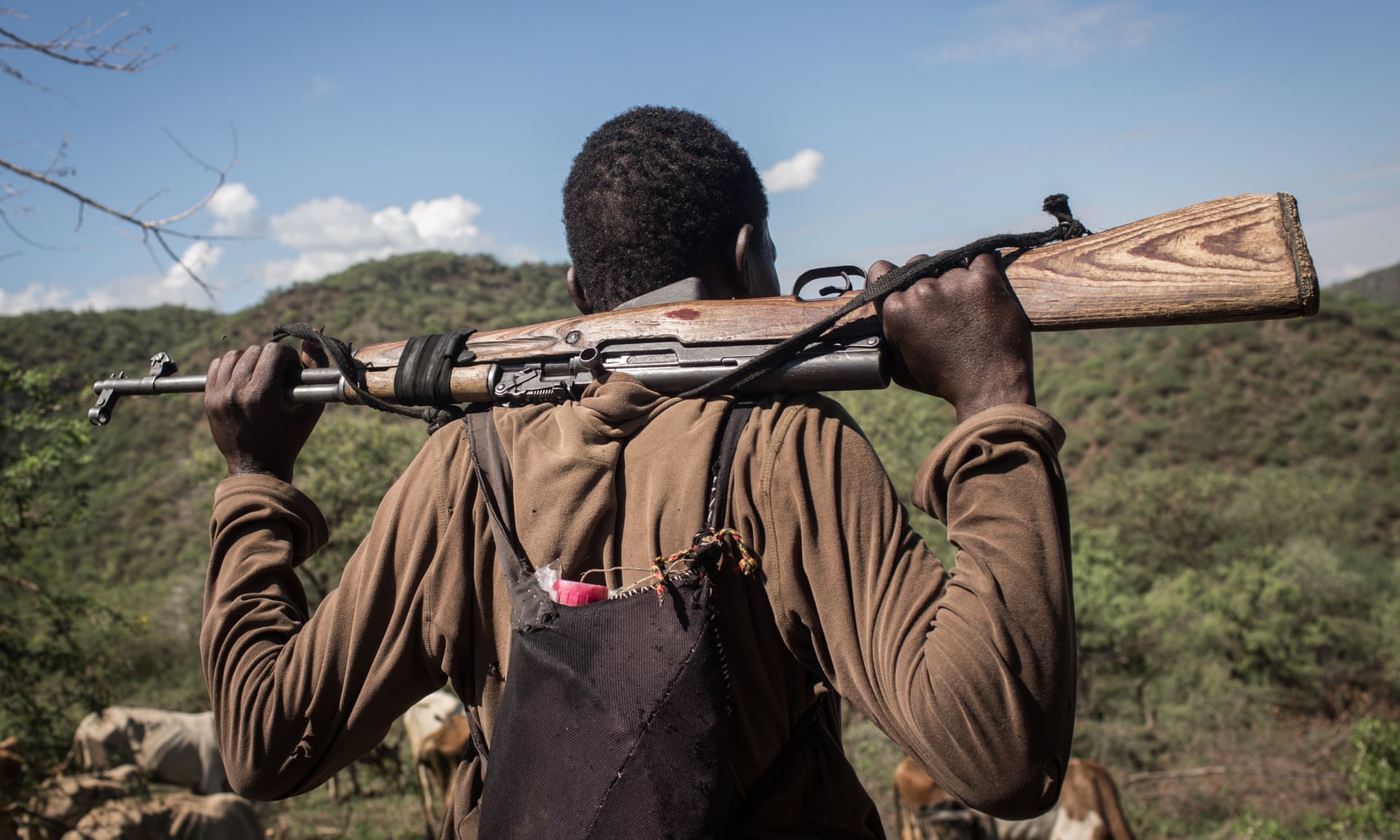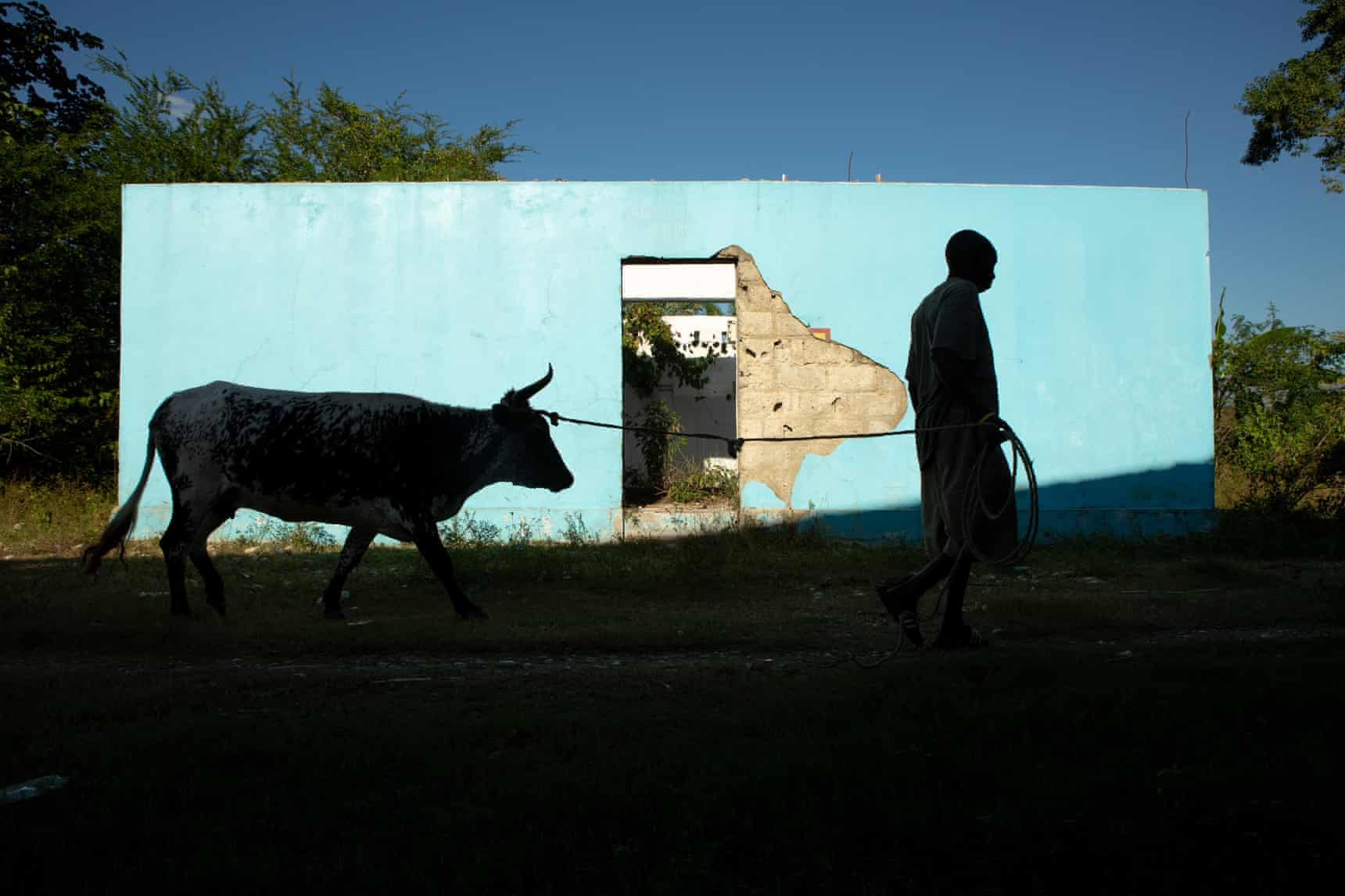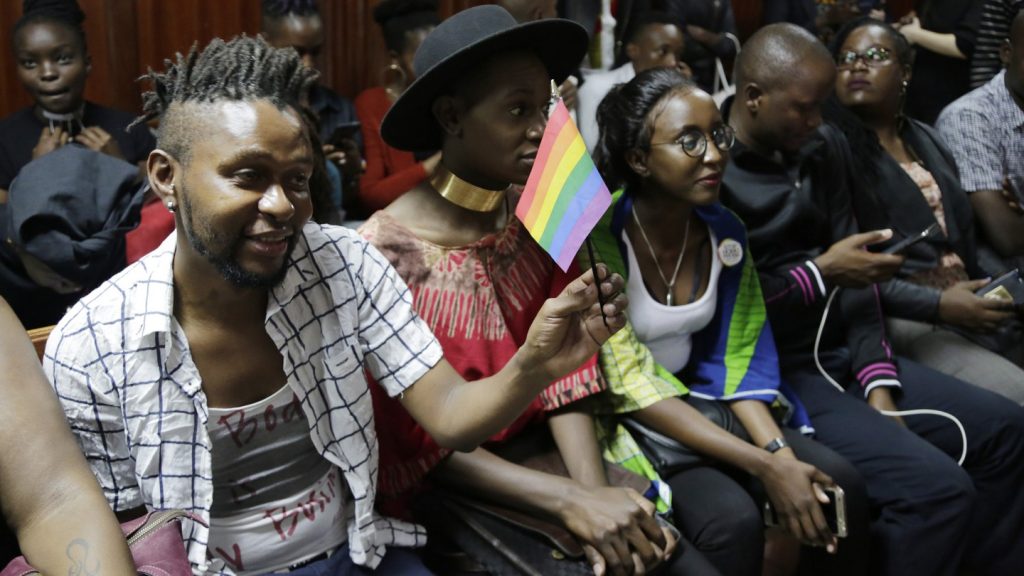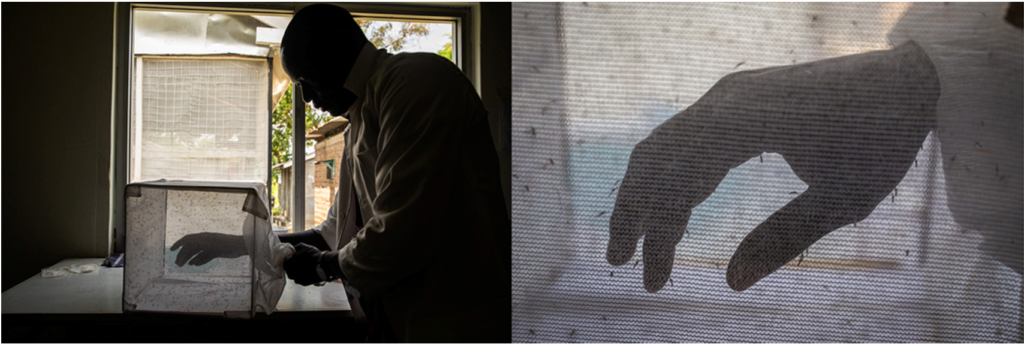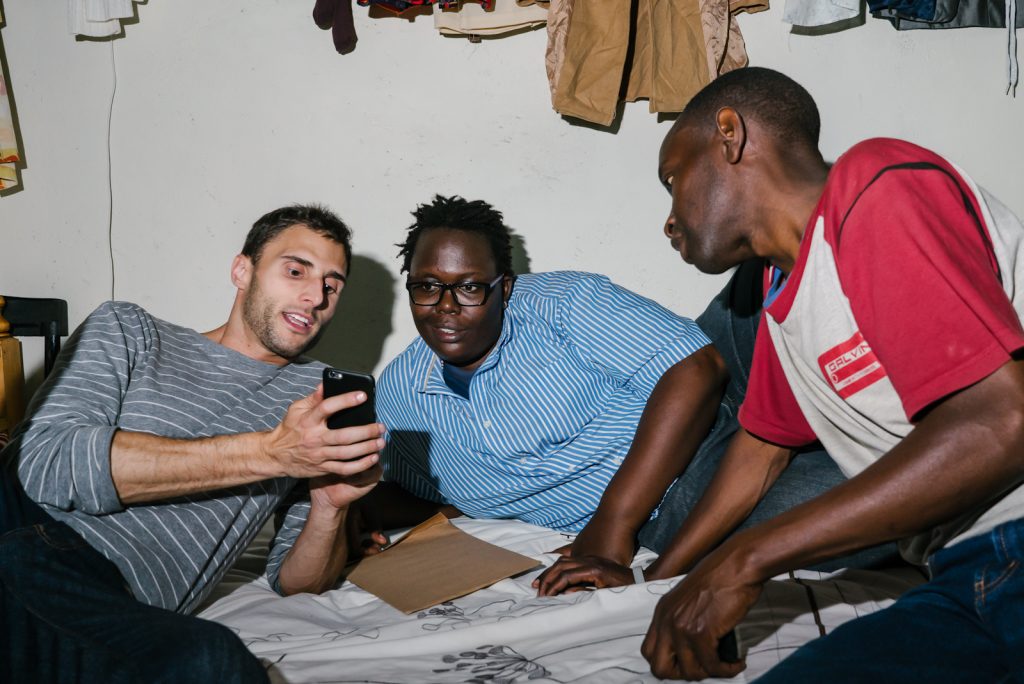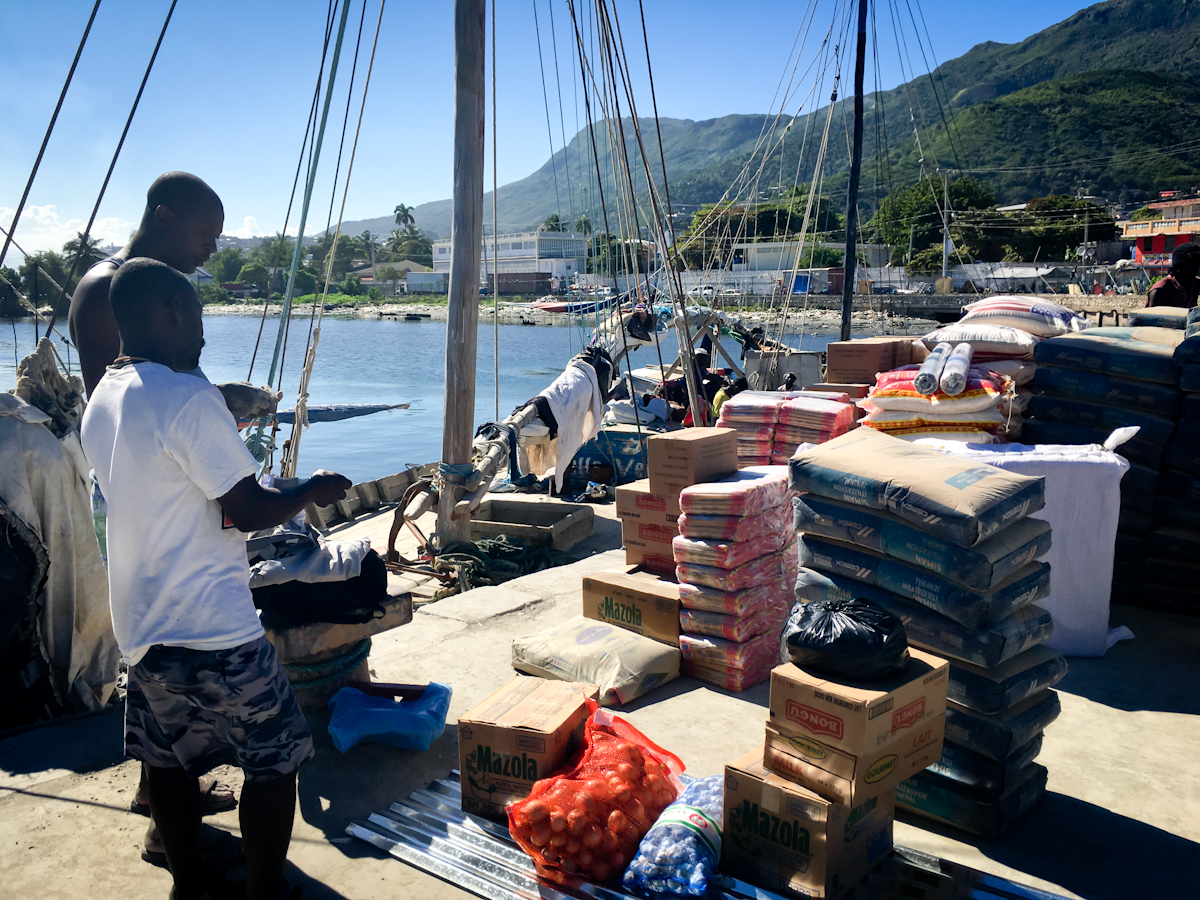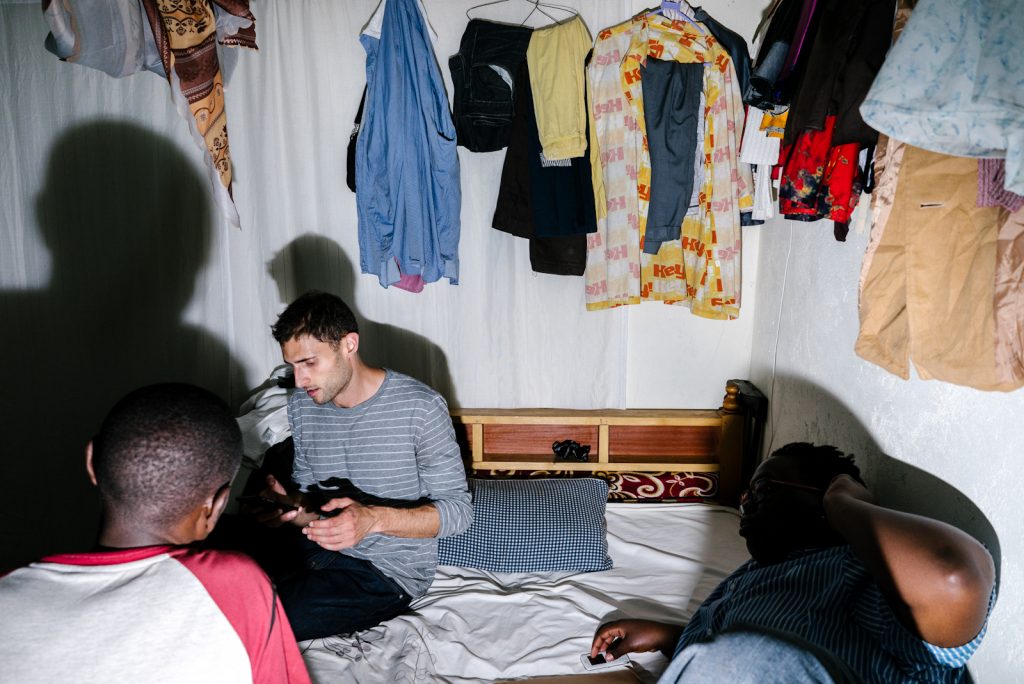
Cynthia, a lesbian who fled Burundi, and Sulait, a gay man from Uganda, share their stories from their refugee hideout in Nairobi, Kenya. Both have since been resettled abroad. Photo: Jake Naughton
A longtime source of mine once tried to convince me that “We are all refugees, wherever we are. Anything could happen tomorrow, and I’d have to be on the run.” But my life couldn’t be more different, I countered – there’s nothing on the horizon forcing me to flee. His concept of home was so impermanent: “No matter how much you want a place to be home, it’s not going to be forever.”
I think what draws me to people in flux is the chance to understand a nomadic life that’s so different from my own. “That’s one thing I learned – not to get hung up about home,” he told me. “To make home wherever you are. To not have too many expectations.” That last phrase stuck with me – the idea that the world’s displaced may have given up expecting anything from the rest of us. I hope that my reporting draws some attention to their plight.
Read: The Overseas Press Club
